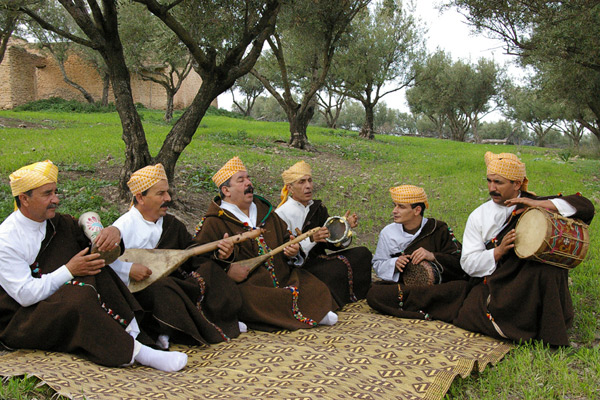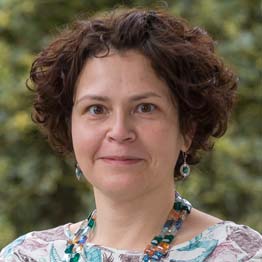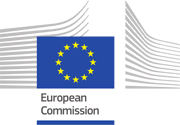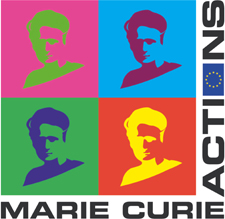ORFORCREA: Creativity in oral and transitional poetic texts

PROJECT COMPLETED (2017-2019)
The human mind is capable of creativity and innovation unmatched by any other species. At the same time, human beings elaborate and preserve complex and stable traditions over time, transmitted over long periods of time through the spoken word and through different modalities, such as writing. How can the human mind generate such complex manifestations as oral poetic representations, and how have they been affected by the introduction of writing? ORFORCREA investigates the cognitiveinstructions of creativity in verbal art, examining its interaction with both oral tradition and literacy.
Moreover, ORFORCREA has contributed to establishing the new interdisciplinary field of cognitive oral poetry: this research has become the only one that works with living traditions and uses data empirical from existing publications in the field, which is much needed not only in cognitive poetry but also in cognitive linguistics in general.
- To model the main form-meaning matching procedures underlying formulaic patterns in transitional poetic texts from oral traditions.
- Outline the main theoretical and methodological implications for the general study of language and cognition, especially in grammatical constructions, framework, semantics and conceptual scripts and schemas.
- To understand the interplay between innovation and tradition in linguistic use as evidenced in transitional texts. In particular, what are the cross-cultural creative strategies used by oral singers to coin new expressions, based on traditional formulas or on linguistic material from other traditions.
- Establish the semantic, functional and cognitive differences in the use and frequency of formulaic language between transitional and fully oral texts as well as different Degrees in the use of written techniques in transitional texts.
- To develop new methods of studying oral traditions, especially in their transitional state: ER combines combined approaches and techniques from programs of study literary, cognitive linguistics and corpus linguistics.
- Analyse how factors other than oral/written may produce variations in the traditional use of formulaic language: general requirements, performance content and style, or cultural differences.
Results of 5 sessions of work fieldwork: a) recordings of live recited poetry; b) recordings of dictated poetry; c) collection of written poetic texts; d) work with the poets and their audience to clarify linguistic technicalities, to better understand the role of performance and music and to study the role of poet-audience interaction. These unique materials obtained directly from living traditions made it possible to build a truly empirical research .
The collection of instructions from data of oral and transitional texts. The texts used for this project came from two living traditions (Moroccan and Socotra) and one extinct (Basque). While the ancient Basque oral poetry is available online, those from Morocco and Socotra were collected and analysed as the basis for project.
The development of a new analytical methodology that integrates elements of literary, anthropological, general linguistic and cognitive approaches. Other approaches previously suggested by other researchers in the field of cognitive poetry were also tested.
It has contributed to a better understanding of the transitional phase between oral and written text. Possible manifestations of creativity in oral and transitional texts have been demonstrated through the concepts of framework, script and formula. We have contributed to a better understanding of what is a transitional text (or transition from orality to writing) and have initiated a discussion on this topic through the organization of the congress on transitional texts and the co-edition of a special Issue , entirely dedicated to this topic.
Through comparative analysis, it has been shown that the approach of this project is valid across cultures.
In addition - and as a potentially interesting addition to the topic of research main of project- the researcher has been able to work on topics closely related to human cognition, creativity and oral poetry.


